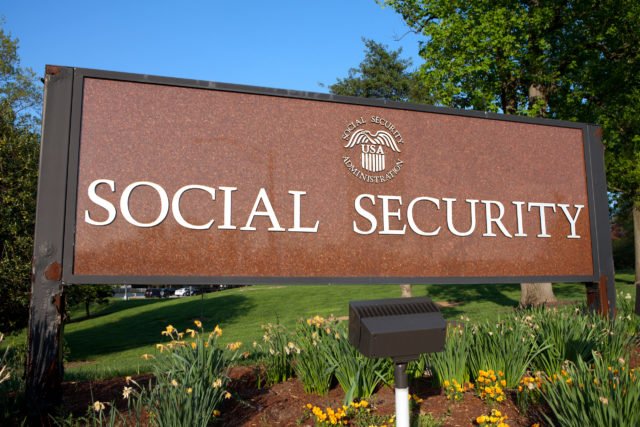
Great Recession-Induced Early Claimers: Who Are They? How Much Do They Lose?
Abstract
During the Great Recession, more older workers have claimed Social Security benefits early. This paper addresses two important policy questions: Who are these early claimers? How much retirement income have they lost as a result of claiming early? Using the Health and Retirement Study (HRS) we estimate a discrete-time hazard model that makes claiming Social Security benefits a function of age, personal characteristics, and the national unemployment rate. We project that high unemployment rates during the Great Recession led to a 5-percentage-point increase in the probability of claiming early relative to a less severe recession such as the 2001-2003 downturn, and this increase was nearly uniform across socioeconomic groups. Our estimates also suggest that while the Great Recession did impact the claiming decision, it did not cause a dramatic change in benefits. “Great Recession Claimers” – those whom we simulate were likely to claim early during the Great Recession but would not have in a milder downturn – filed for Social Security only 6 months earlier, on average, than they would have in a minor recession. This modest change in timing reduced their monthly Social Security benefit checks by $56, or 4.6 percent of average monthly benefits, and the Social Security replacement rate fell by 1.7 percentage points relative to a more typical recession. The benefit reduction resulted from the combined effect of the actuarial reduction for early claiming and the foregone opportunity to continue working and increase the wage base used for calculating benefits.







